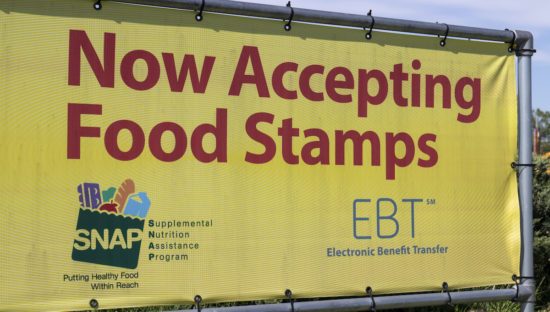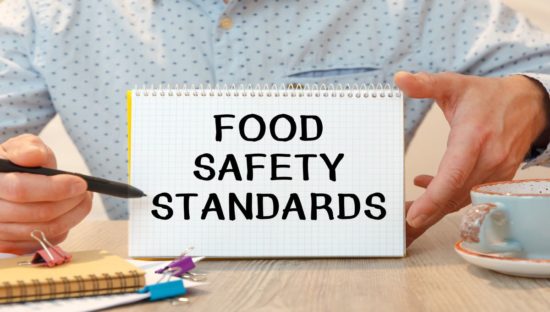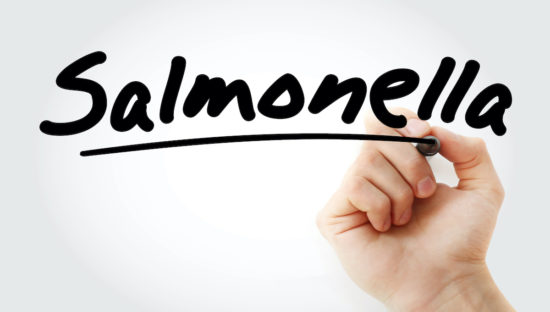As November approaches, with the federal government shutdown now in its third week, suspension of food stamps for the hungry is becoming increasingly likely.
There was sufficient federal funding in the pipeline for the states to pay SNAP benefits to an estimated 42 million Americans in October.
Supplemental Nutrition Assistance Program (SNAP) benefits, long known as food stamps, are the USDA’s most extensive public nutrition program. As of last October, the $ 100.3 billion food assistance program was providing a maximum benefit of $973 per month for a family of four in the contiguous U.S.
USDA’s acting SNAP boss, Ronald Ward, has said the current lapse in congressional appropriations means there will be insufficient funds to pay full November SNAP benefits for approximately 42 million individuals across the nation.
In other words, the money in the pipeline will run out in October unless the federal government resumes operations. And one after another, the states that distribute SNAP funds to people are issuing warnings that the electronic benefits will soon be unavailable.
New Jersey’s warning states that the federal government has notified the state that if the shutdown continues, November 2025 SNAP benefits may not be available on time.
“It is unclear whether SNAP benefits loaded onto your Families First EBT card before Oct. 31, 2025, will be usable after Nov. 1, 2025,” it added.
Paying all monthly SNAP benefits costs the federal government an estimated $8 billion.
Ironically, the state cutoff dates fall in the month of Thanksgiving, when local food banks and food resources are hard-pressed to meet demand.
The warnings are going out after the USDA issued a letter that has directed the states to hold their November issuance files and delay transmission to state EBT vendors until further notice.
At least one non-governmental organization claims that the USDA could use the contingency funds it has to release at least partial funding for November SNAP benefits.
The government shutdown may be closer to ending than is typically depicted. Senate Democrats only need to contribute a handful of votes to reach the 60 needed to end the filibuster.
Three members of the Democratic caucus — Sen. Catherine Cortez Masto, D-Nev., Sen. John Fetterman, D-PA., and Angus King, I-ME — have repeatedly voted to open government.
(To sign up for a free subscription to Food Safety News, click here.)



